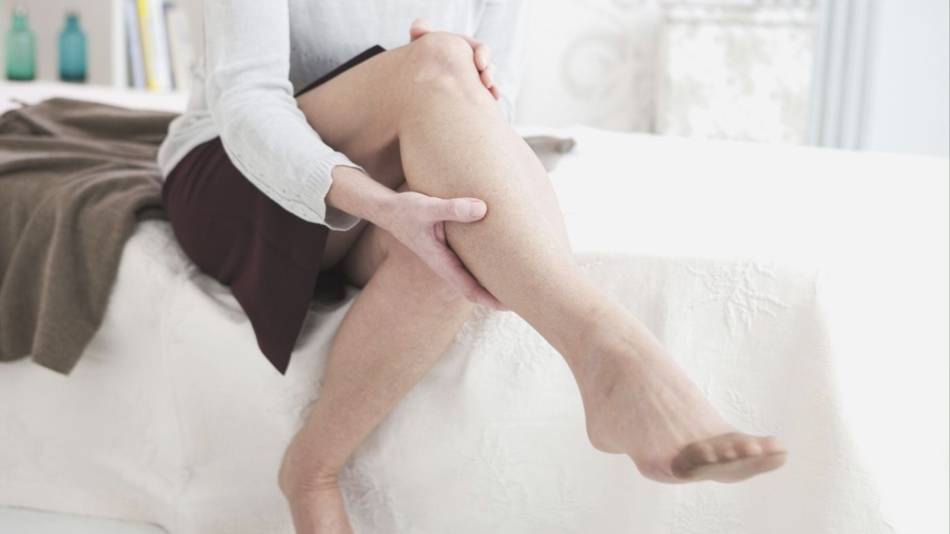
Answer:
Varicose veins are swollen, bluish veins that are visible just under the skin. They are caused by weak or damaged vein walls and valves. These can occur due to heredity and aging, as well as from high blood pressure, periods of sitting or standing for long periods of time, weight gain, and pregnancy. For some people, the appearance of varicose veins may be of cosmetic concern only, but for others, they may result from venous insufficiency or other circulatory disease, which may affect both superficial and deeper veins, and cause symptoms such as leg swelling and nighttime leg cramps (NIH 2023).
There is some evidence that pine bark extract (such as Pycnogenol), horse chestnut extract, butcher's broom, gotu kola, and citrus bioflavonoids may reduce the symptoms of chronic venous insufficiency or reduce the appearance of varicose veins, but more research is needed, and there are safety concerns with some of these supplements. Certain lifestyle interventions may also help.
Sign in as a member for details, including clinical evidence, dosage, safety, and potential interactions.
Join today to unlock all member benefits including full access to all CL Answers and over 1,400 reviews.
Join NowAlready a member? Sign In Here.
Join now at www.consumerlab.com/join/

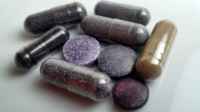
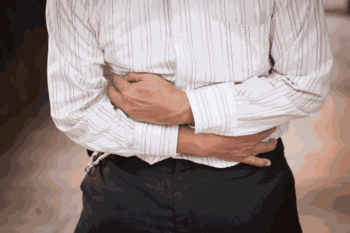

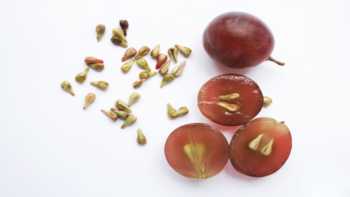
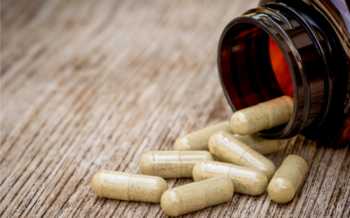





Submit your comment
This feature is restricted to active members.
Join now to add comments and get all member benefits, including over 1,400 reviews.
Join NowAlready a member? Sign in here.